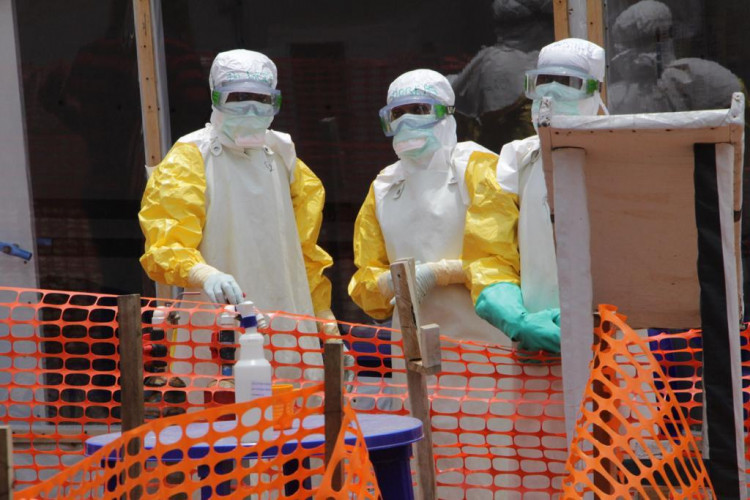Months ago, Congo made a lot of people from all around the world worry as the Democratic Republic was reported suffering from an Ebola epidemic. Amid the controversies, several experts, institution, and public health workers denounced the issue saying that it is better not to support and spread the rumor. Instead, they encourage the public to focus more on how to treat and end it.
Unfortunately, just a few months after several online publications such as Science Mag exposed the truth behind the spreading fake news, health officials of the Congo have recently revealed that their country's battle with Ebola is getting worse. As a matter of fact, the present outbreak was even regarded as the second-worst in history.
The recent instance of Ebola was when a baby, from the Bunia health zone, died. After several investigations, the World Health Organization (WHO) confirmed that the infant indeed suffered from the "deadly, highly contagious hemorrhagic fever."
Both the parents are still doing pretty well as of writing. Since the infant's parents are clearly not showing signs of the virus, even until now the reason why and how the baby became infected with the disease remains a mystery.
"While investigations are ongoing to determine the source of the infection, teams in place have rapidly implemented response activities including contact tracing, vaccination, and heightened surveillance," explained one of the representatives of the WHO. It is important to know the source and how the virus has been transferred to keep more people safe.
The death of the baby became the first incident of Ebola in Bunia, which is one of the Congo's largest cities. Other places in Congo that were already infected with Ebola are North Kivu and Ituri provinces.
Meanwhile, there are other deaths happened outside Congo that was linked to Ebola. The health authority has not yet confirmed most of these cases.
As of writing, Ebola has already infected about 1,000 people. Among the victims, 600 of them died since August of last year.
Authorities say that despite their efforts, the outbreak is still difficult to control. Reasons for such include the geographic spread of Ebola, Congo's security issues, and other conflicts. But despite that, some experts and researchers were still positive they can end the problem by September next year.
Unfortunately, Dr. Robert Redfield, Director of the Centers for Disease Control and Prevention, is not confident enough with this prediction. He said it is not possible to treat the outbreak that soon. He's giving it at least a year for his colleagues and himself to be able to alter the problem.






